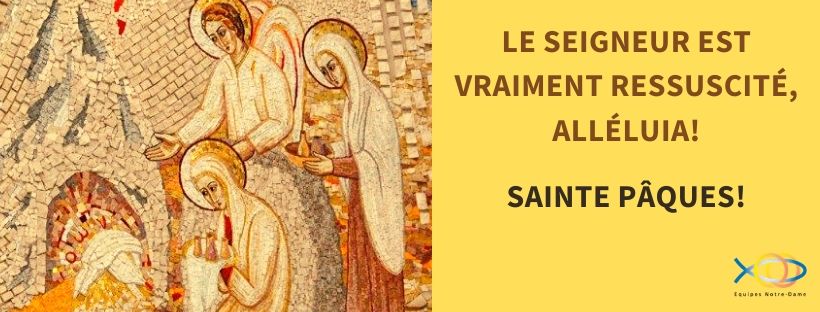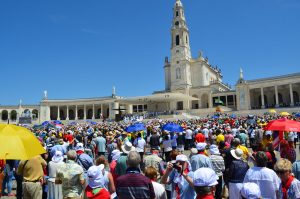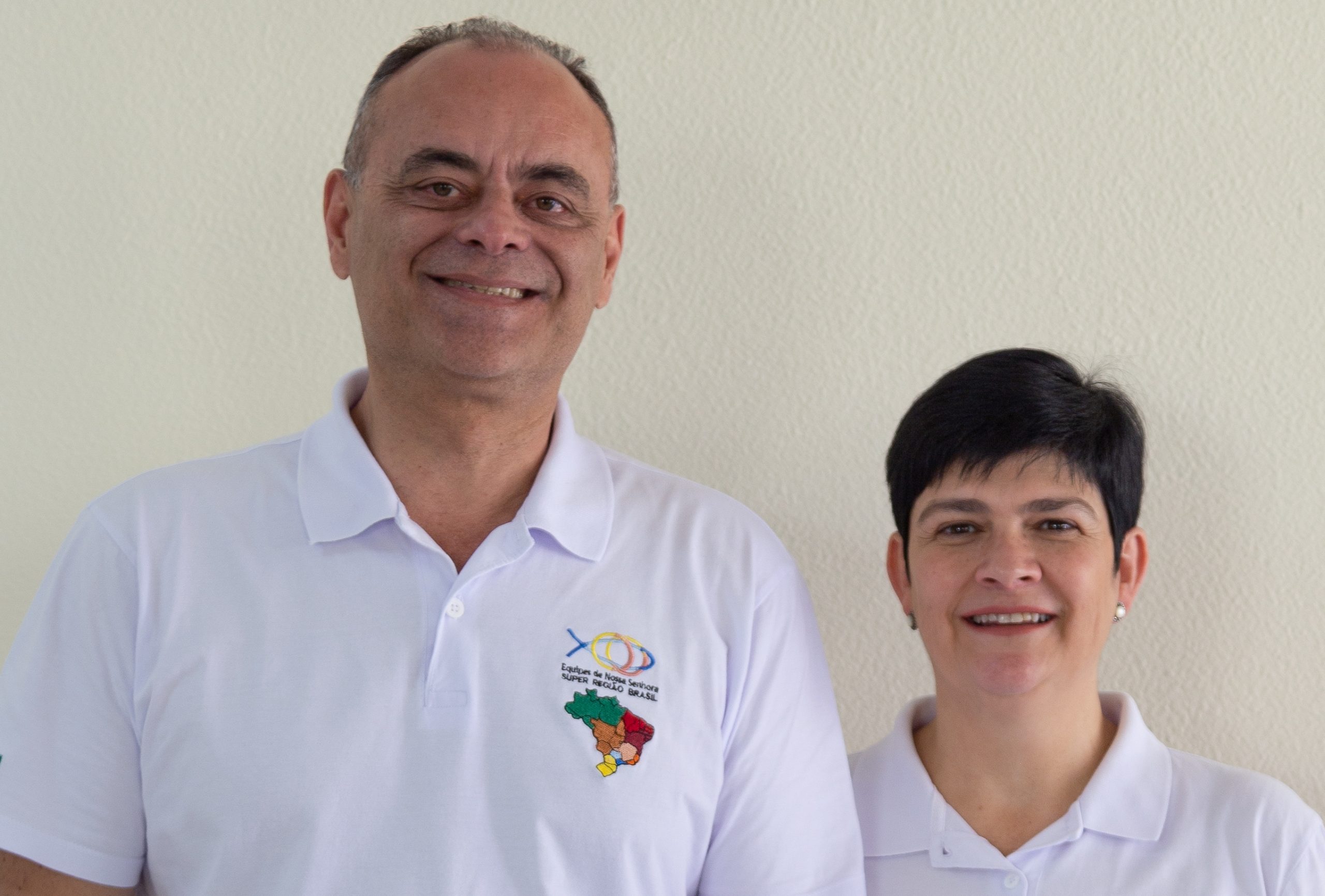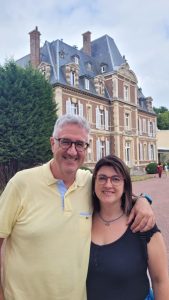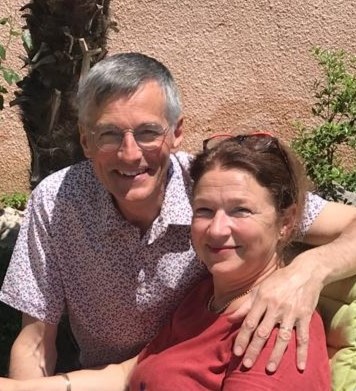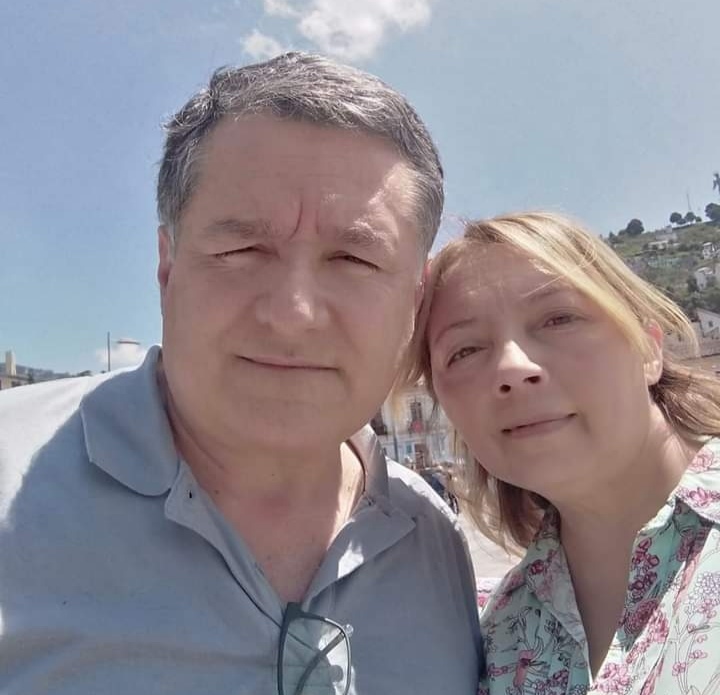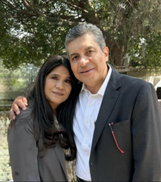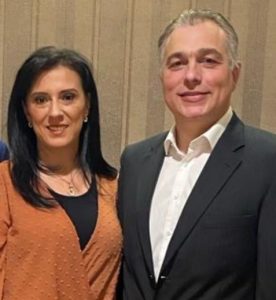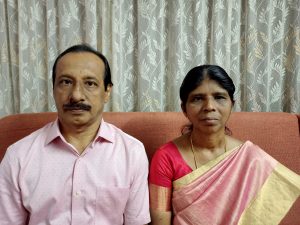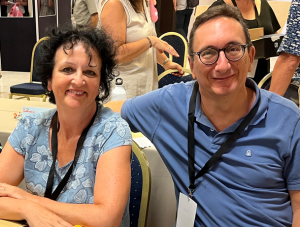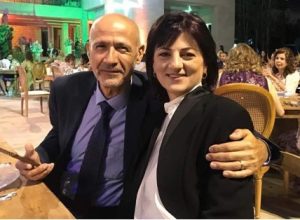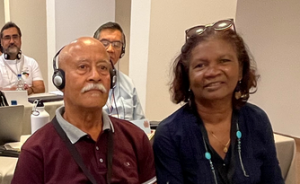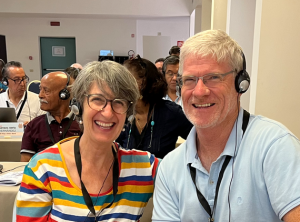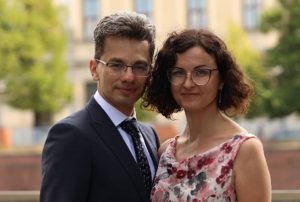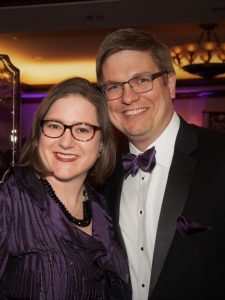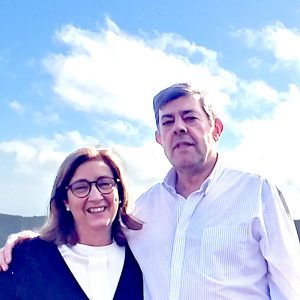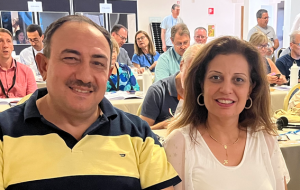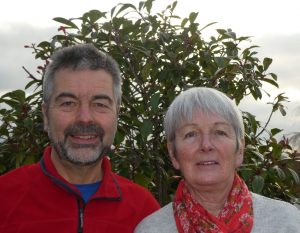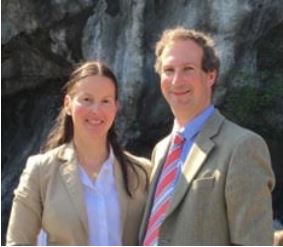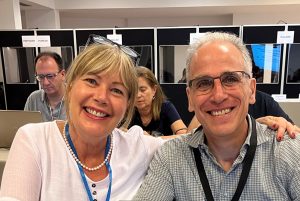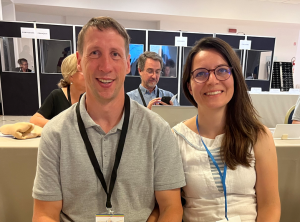«The world appears to be confused, anguished, despairing. And yet, we believers say today, Happy Easter! We speak of joy and happiness; we speak of light and hope, we say we believe in Life.»
Father Ricardo Londoño’s homily of the Easter Sunday Mass transmitted from Bogotá to the world via Internet.
Easter Sunday Homily
The Lord Jesus is risen. Hallelujah! Today is a day of joy and celebration.
It seems difficult to proclaim this expression. It is complex to shout today about the joy of the Risen One. The world appears to be confused, anguished, despairing. And yet, we believers say today, Happy Easter! We speak of joy and happiness; we speak of light and hope, we say we believe in Life.
It is true that there are fears, there are apprehensions, there are anxieties. It is true that sickness surrounds us and death knocks at the door near us. And, in spite of that, we still believe, we still trust, we still hope.
What does it mean for us today to celebrate the triumph of Jesus over death? What value can the good news of the resurrection have at this point in time? What meaning can we give to what humanity is living today? Already last Friday, Father Cantalamessa offered us a beautiful and profound meditation and a path of response. How good it is that we are going again to that beautiful text. It should be a paschal meditation for all of us.
We have lived a holy week different from all those we have experienced in the course of our lives. It is true that we have not been physically close to other people. Nevertheless, there is a general feeling that rarely have we lived so intensely our times of prayer, reflection, meditation and contemplation of the mystery of the passion, death and resurrection.
We have shared innumerable texts, images, videos, moments of prayer, meetings and common prayers. We have united, in front of our screens, with countless believers from all parts of the world to join what appeared to be the solitary celebrations of Pope Francis. We were moved by the austerity, the silence and the indescribable and sublime beauty of these profound ceremonies.
It has been a time of Grace and Mercy. We have been able, in the calm and tranquillity of our homes, to give meaning to these few days that have allowed us to live and celebrate our faith in Christ in another environment and under other conditions.
Together with all that has happened and all that reaches us through the wonderful and blessed means of communication, through technology and applied knowledge, we have also been able to admire the intense sense of solidarity and service of so many people. We think especially of those in health centres, hospitals and clinics, who dedicate themselves in solidarity to accompany the sick, console the suffering, and give the best possible service, in the midst of chaos and confusion, helplessness, and a massive demand for attention. Health care workers have become the compassionate and merciful presence of God to those who need it.
And, together with them, there are also the silent servants: the farmers who harvest and allow the food to reach the tables; the transporters, the intermediaries – not always so supportive, it is true – but who allow us to still have the means of sustenance and nutrition, and many other things that we require in these times.
Communication workers also deserve recognition. We have never been more informed – at times, perhaps, too informed – and we have never been exposed to such a multitude of images, that enable us to share the pains and worries of others.
All this, in the midst of our faith celebrations.
Therefore, as we share now this Easter Eucharist, let us allow the Lord to enlighten, encourage and help us in our lives and our circumstances.
We have heard the Word of God, written and proclaimed, to nourish our spirit and illuminate the path we are walking. Jesus, who being of divine nature, took on the condition of mankind. He was despised, humiliated and martyred. He has shared in pain and death. He has been buried and has now reached the reality of that destiny which has little appeal to the living on earth. But God has led him to the fullness of existence and has shown, by resurrecting him, that this life lived in love, solidarity and service is a life full of meaning.
At the beginning of the apostolic preaching of the good news, as it moved from the original Judaism towards new realities and contexts, Peter does not hesitate to affirm the certainty that Jesus, the Christ, is alive and risen. This is their first and fundamental proclamation: that God has raised Jesus and that he, the Risen One, is alive and active. Our faith is born there and from there our hope is nourished. Mankind reaches his definitive vocation and destiny: he has become totally like God. He participates in the same eternal existence.
The stories in the Gospels about the initial experiences of encounters with the Risen One, help us to recognize what it meant for each believer in Jesus
to know that he is now truly alive and accompanying them. Throughout the week, during the Octave of Easter, we will be able to meditate and contemplate the various ways in which the experiences of Jesus’ disciples were expressed through the stories that we call apparitions.
For the liturgical celebration of this great Sunday, the Church proposes a Gospel account for the morning mass and another for the afternoon mass. I have chosen the latter as the text for our celebration. It is a text that, surely, we have read, heard and contemplated many times. But, as Raniero Cantalamessa recalled, in the words of Gregory the Great, Scripture grows with those who read it. Let the Word grow in and with us. Let us savour it, especially at this time, in peace and tranquillity. Let us allow it to reach the heart of each one of us with the message that the Lord wants to communicate to us.
Allow me to make a short reflection: to the saddened pilgrims, on their way to Emmaus, let us contemplate them as a married couple who were living in hope of better times, and who had pinned their hopes on following the prophet of Nazareth. But instead, the result was prison, condemnation and murder. Everything fell apart. There is no horizon, no future in sight. Now, it is a question of returning to the daily routine and meaninglessness, with a greater burden of desolation and despondency.
Let us look at our world today from this perspective. And, let’s discover once again, the walker who approaches, the resurrected stranger who stands next to us and begins to awaken meaning. Hearts lose their melancholy and nostalgia. They begin to experience the warmth that comes with the comfort
of a word that illuminates, and an outcome that is made possible by the desire for the companion to remain: “Stay with us because the darkness is coming”. And, in the intimacy of the home, around the table, the breaking of the bread fully opens up the new light: they recognize that he has been with them always. There is no longer sadness, there is no longer pain, he has risen, he is alive! And this experience must be shared. No matter how tired or how long the journey back, we must return to the community to live together the joy of new life.
This is a possible parallel for us today.
We could continue to meditate, but I prefer to invite you to continue, in the days that follow, with reflection and contemplation. So that it may be the Risen Lord who will inspire new ways of living and relating, of sharing and of looking at what is truly worthwhile.
Let us not lose hope. The Risen One is with us and is on our side.
Amen

